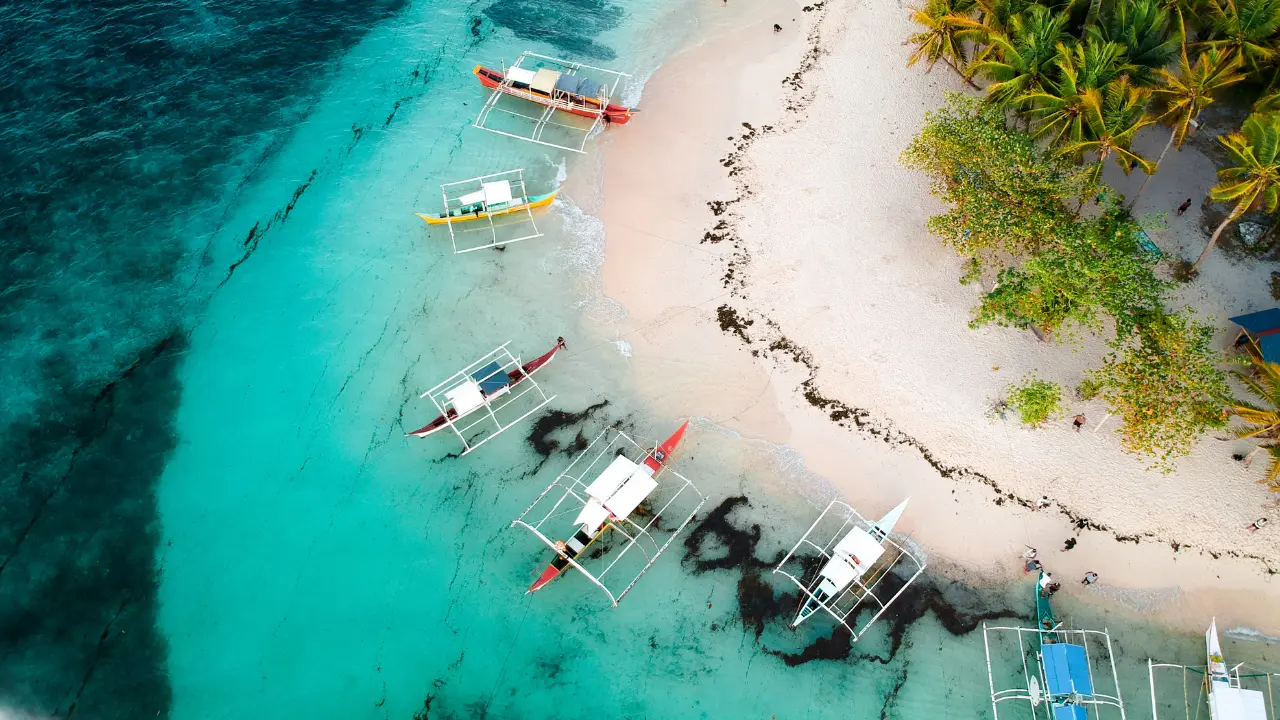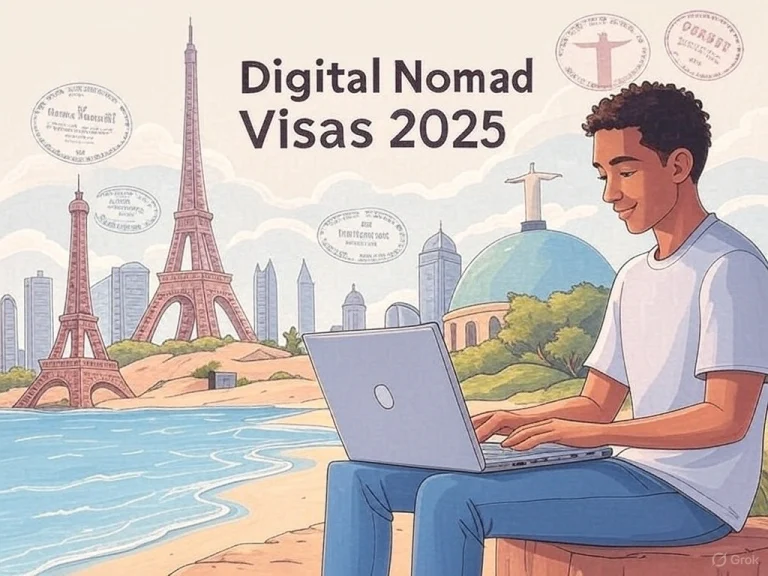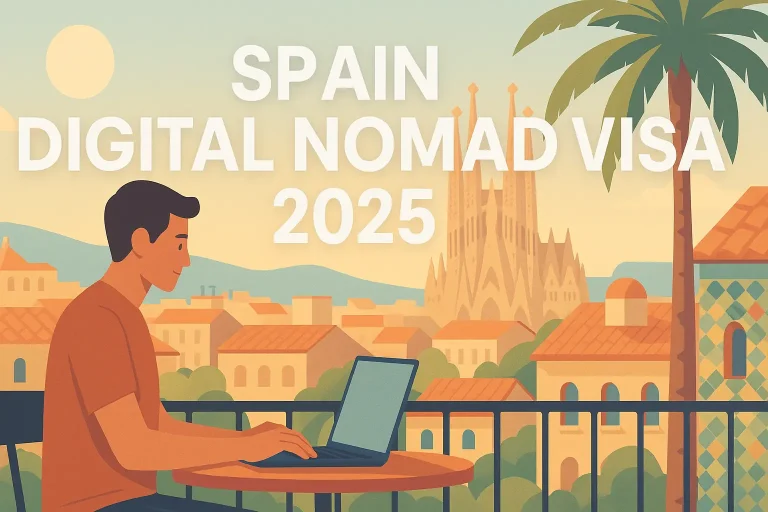Philippines Launches Digital Nomad Visa to Attract Remote Workers and Boost Tourism
Remote workers now have a new tropical home base, as the Philippines launches its Digital Nomad Visa to boost tourism and the economy.

The Philippines has unveiled an exciting new initiative aimed at tapping into the growing trend of remote work: the Digital Nomad Visa (DNV). Officially signed into law by President Ferdinand R. Marcos Jr. on April 24, 2025, through Executive Order No. 86, this visa allows international remote workers to live and work in the Philippines for up to one year, with the option of extending it for another year. The move is set to boost both the country’s tourism industry and its economy, especially during off-peak seasons when international tourist numbers typically dip.
A Strategic Move for Tourism and Economic Growth
With remote work becoming the norm for many professionals worldwide, the Philippines is positioning itself as a prime destination for digital nomads. The country offers a unique blend of stunning natural beauty, affordable living, and rich cultural experiences, perfect for those seeking a balance between work and leisure.
Popular destinations like Boracay, Cebu, and Siargao, long loved by travelers for their picturesque beaches and vibrant culture, are expected to benefit significantly from this influx of remote workers. However, lesser-known areas such as Palawan and La Union, known for their serene landscapes, may also see an uptick in visitors, spreading the benefits more evenly across the country.
How the Digital Nomad Visa Works
If you want to apply for the Digital Nomad Visa (DNV) in the Philippines, you need to meet a few requirements:
- You can’t work for a company in the Philippines while you’re on this visa.
- Be at least 18 years old.
- Show proof that you work remotely (using the internet).
- Show you have enough money to support yourself without working in the Philippines.
- Have a clean criminal record.
- Have health insurance for the whole time you stay.
- Be from a country that also allows Filipinos to get a similar visa.
- Be sure you won’t harm the safety of the Philippines.
- You can’t work for a company in the Philippines while you’re on this visa.
The DNV program aims to attract professionals from countries that offer reciprocal agreements, ensuring a fair exchange for Filipino citizens and bolstering international relationships.
The Potential Economic Benefits
The introduction of Digital Nomad Visas could lead to a year-round influx of visitors, especially during off-peak tourist seasons. The extended stays of digital nomads will drive up spending in local economies through accommodation, dining, transportation, and entertainment, helping sustain businesses even when traditional tourist numbers are lower.
Moreover, this move is expected to provide an economic boost to various sectors, particularly the hospitality and service industries. By encouraging longer stays, the Philippines will see a rise in demand for long-term rentals, local transportation, and other essential services.
As remote workers immerse themselves in local cultures and explore the country, the Philippines stands to benefit from the ongoing global shift to a more flexible, location-independent workforce.
Expanding Opportunities for Local Communities
The success of the Digital Nomad Visa will rely on how well local infrastructure adapts to accommodate this new wave of visitors. The Philippine government must continue investing in essential services, such as high-speed internet, co-working spaces, and long-term accommodations, to meet the needs of digital nomads. Additionally, local businesses and governments must collaborate to ensure that remote workers can seamlessly integrate into communities without overwhelming resources or disrupting the delicate balance between tourism and local life.
A Sustainable Future for Philippine Tourism
The Philippines is on track to become a global hub for remote workers. With its breath-taking landscapes, rich history, and affordable cost of living, it’s no surprise that the country is increasingly attracting digital nomads. As remote work continues to reshape the global workforce, the Philippines is positioning itself as an innovative, forward-thinking destination where digital workers can thrive, all while contributing to the country’s economic growth.
By leveraging the Digital Nomad Visa program, the Philippines is not just responding to the rise of remote work but is also setting the stage for a new era of tourism that combines productivity and cultural immersion. If the program proves successful, it could serve as a model for other countries looking to attract this dynamic and growing segment of global workers.
The Digital Nomad Visa is a groundbreaking initiative that aligns perfectly with the Philippines’ vision of transforming its tourism industry into a year-round, sustainable powerhouse. With the potential to boost tourism, support local economies, and make the country a top destination for remote workers, the Philippines is leading the way in embracing the future of work and travel.






